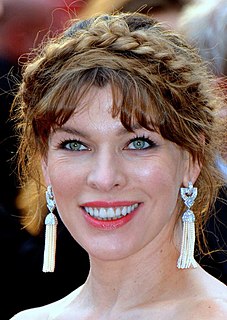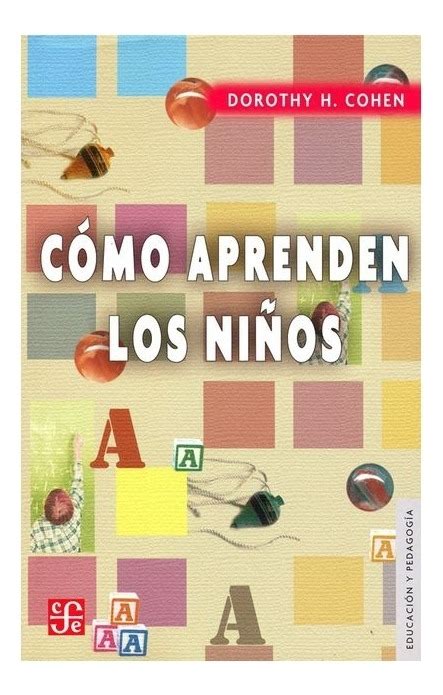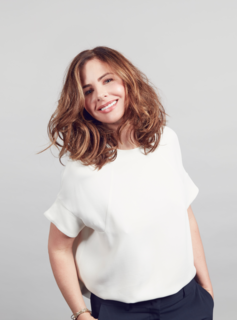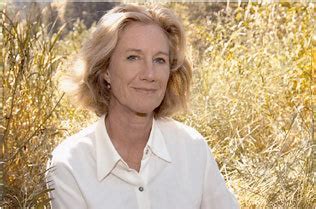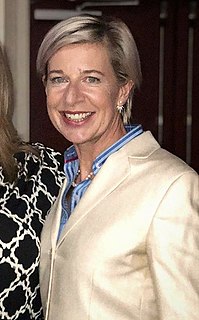A Quote by Milla Jovovich
I feel that the connection with children and mothers is so strong in places where there are not so many 'things' to get in the way, no electronic distraction devices, no high-tech baby equipment, just a mother carrying her little one everywhere, sharing a family bed and having the help of all the other women around to raise the baby.
Related Quotes
The depression belongs to all of us. I think of the family down the road whose mother was having a baby and they went around the neighborhood saying, "We're pregnant." I want to go around the neighborhood saying, "We're depressed." If my mum can't get out of bed in the morning, all of us feel the same. Her silence has become ours, and it's eating us alive.
I love my family but my family - they're the type of people that never let you forget anything you ever did... I was in the first grade Christmas play - I'm playing Mary. Now, during the course of the play, I dropped the baby Jesus... They still talk about this. I go to my family reunion, and one of my cousins just had a baby. So I'm like, 'Oh, that's a cute little baby. Let me hold the baby...' And my aunt runs over, 'Don't you give her that baby! You know she dropped the baby Jesus!'
Other people--grandparents, sisters and brothers, the mother's best friend, the next-door neighbor--get to be familiar to the baby. If the mother communicates her trust in these people, the baby will regard them as delicious novelties. Anybody the mother trusts whom the baby sees often enough partakes a bit of the presence of the mother.
I saw a dead elephant in one of Kenya's natural reserves. Around her were footprints of her baby elephant. This was just so sad, as three days before, perhaps the mother was still taking the baby around to play and to drink water. In her mind, she probably was thinking they had a life of decades to be together. However, the poaching happened so fast and everything collapsed. Without the protection of the mother, the baby elephant is likely to die too. That moment changed me.
I think of the chimp, the one with the talking hands. In the course of the experiment, that chimp had a baby. Imagine how her trainers must have thrilled when the mother, without prompting, began to sign her newborn. Baby, drink milk. Baby, play ball. And when the baby died, the mother stood over the body, her wrinkled hands moving with animal grace, forming again and again the words: Baby, come hug, Baby come hug, fluent now in the language of grief.
Let's just call what happened in the eighties the reclamation of motherhood . . . by women I knew and loved, hard-driving women with major careers who were after not just babies per se or motherhood per se, but after a reconciliation with their memories of their own mothers. So having a baby wasn't just having a baby. It became a major healing.
We're very enthused about the idea that in the third trimester we actually give the mother a vaccine and her antibodies, the protective things that the immune system makes, actually pass through to the baby, both when the baby is born, and through the mother's milk. Because the baby's immune system is actually not very strong for that first few months, using the mother's immune system to do this - it's a very exciting idea and something that we're investing heavily in.
One baby is a patient baby, and waits indefinitely until its mother is ready to feed it. The other baby is an impatient baby and cries lustily, screams and kicks and makes everybody unpleasant until it is fed. Well, we know perfectly well which baby is attended to first. That is the whole history of politics.
